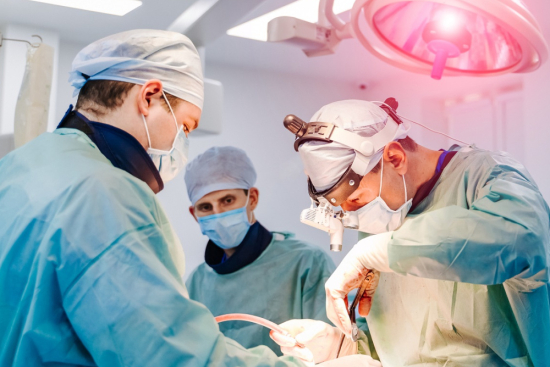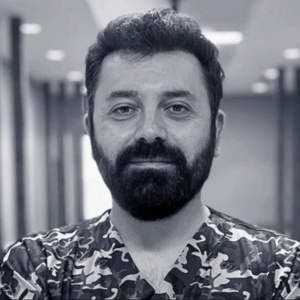General surgery is a versatile medical specialty that covers a wide range of surgical procedures. The general surgeon treats a wide range of pathologies, from benign disorders of the digestive tract to abdominal cancers. Their expertise and ever-evolving surgical techniques provide patients with high-quality care and optimal functional outcomes.









